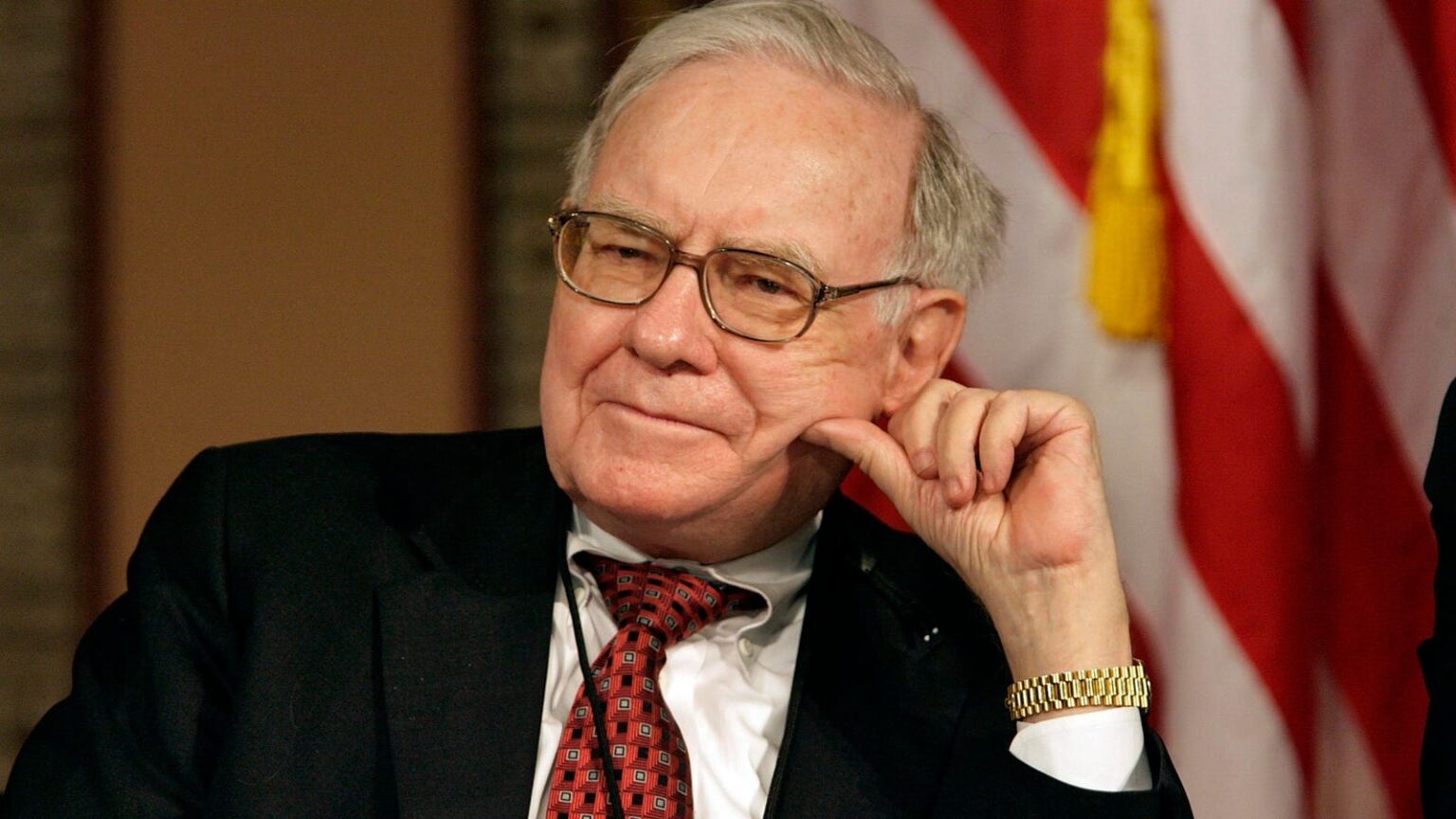How Smart Money is Reacting
Warren Buffett was 10 years old when the Japanese started a war with the United States, and he was 71 when Al Qaeda bombed the US using its own commercial airplanes. The US has always been the country that did not start wars. Did not seek conquest. Did not demand reparations. Did not exact revenge beyond what justice required.
In the quiet corridors of Berkshire Hathaway’s modest headquarters in Omaha, the Oracle himself shared his thoughts about the latest economic saber-rattling with the calm demeanor that has guided investors through countless storms. At 94, Buffett has seen enough economic cycles to recognize when history is preparing to repeat itself.
“A tariff,” Buffett explains, “is an act of war. It may not draw blood immediately but make no mistake—it’s an act of aggression that invites retaliation.”
The wisdom here isn’t novel, but as Will Rogers might have put it, “It’s not what folks don’t know that gets them into trouble; it’s what they know for sure that just ain’t so.” And what many in the Trump administration “knows for sure” is that tariffs protect American interests. History strongly suggests otherwise.
Buffett points to the Smoot-Hawley Tariff Act of 1930, which raised import duties to protect American businesses but instead deepened the Great Depression as trading partners retaliated. “The road to economic hell,” he quips with that characteristic Midwestern understatement, “is paved with political intentions.”
The world’s most successful investor has spent decades building Berkshire Hathaway into a conglomerate that thrives on American exceptionalism—companies like GEICO, BNSF Railway, and See’s Candies that represent the backbone of domestic prosperity.
President Theodore Roosevelt had it right when he said, ‘Speak softly and carry a big stick.’ The United States has the big stick—the world’s largest economy, its reserve currency, its innovation engine. But speaking softly means using that power judiciously, not wielding it like a club against friends and foes alike.
Tariffs, in Buffett’s estimation, speak loudly and clumsily. They broadcast insecurity rather than strength.
“The irony,” Buffett notes, “is that protectionism often harms precisely what it claims to protect. American consumers pay higher prices. American manufacturers face higher input costs. American farmers lose export markets. As Will Rogers would say, ‘We’re the first nation in the world to go to the poorhouse in an automobile.'”
Where Smart Money is Moving
Astute investors are making three significant moves in response to rising trade tensions:
First, European equities, particularly Germany’s DAX index and financial institutions like BNP Paribas, are attracting capital. European markets have already priced in considerable economic pessimism, which creates opportunity for value-oriented investors.
The DAX, representing Germany’s industrially diverse economy, offers exposure to global growth while maintaining a buffer against direct U.S.-China friction. Similarly, BNP Paribas provides financial services across multiple jurisdictions, creating natural hedges against regional economic disruptions.
Second, Chinese stocks present compelling value for those with appropriate risk tolerance. The old investment mantra was ABC (Anywhere But China). Today’s contrarians have flipped the script: ABC now stands for All Bets on China. While governance concerns remain valid, businesses serving China’s domestic consumption will continue growing regardless of international posturing.
Third, and perhaps most telling, is the renewed interest in gold. As Will Rogers once quipped, “The quickest way to double your money is to fold it in half and put it in your back pocket.” Gold and cash reserves represent exactly that—a way to preserve capital when productive investments face headwinds.
As trade tensions escalate and market volatility increases, Buffett’s perspective offers a sobering counterpoint to political bravado. Warren Buffett’s message is clear: economic isolationism has historically been a losing proposition. The wisest course may be defensive positioning while awaiting the inevitable return to sanity.
As history has repeatedly shown, the markets eventually reward those who remain rational when others panic. Or as Buffett has famously advised, “Be fearful when others are greedy, and greedy when others are fearful.” Today, perhaps, calls for a measured dose of both.
Disclosure: The author does or has held positions in the stocks mentioned. The views expressed in this article are solely the author’s opinion and should not be taken as investment advice.
Read the full article here


